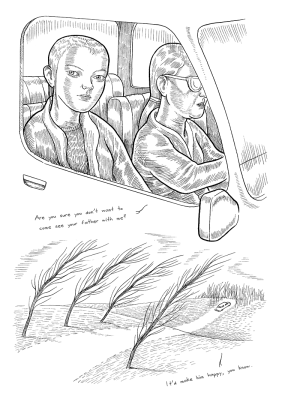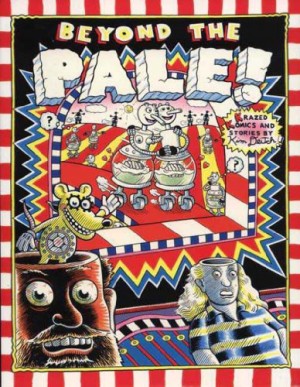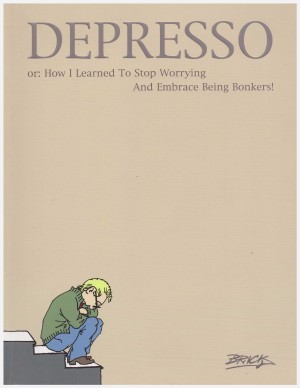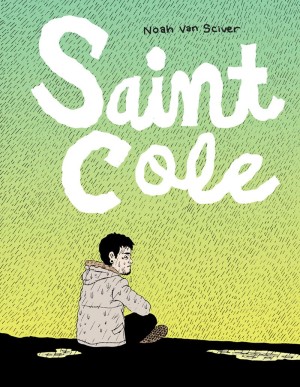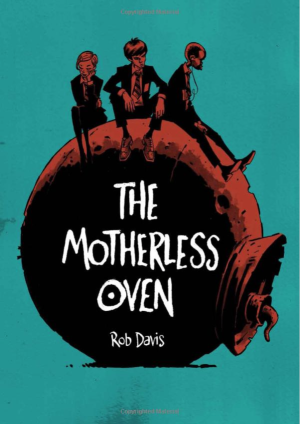Review by Karl Verhoven
It’s unlikely anyone picking this up won’t realise, but Renée is Ludovic Debeurme’s sequel to the dramatically compelling Lucille, a recommended graphic novel at the 2006 Angoulême Comic Festival.
In that book we met Lucille and Vladimir, both damaged teens with a medical condition. Lucille is struggling to overcome anorexia, and Vladimir has obsessive/compulsive habits such as counting heartbeats in times of stress. They’d run away together from France to Italy, during which time friendship and attraction became a relationship. Despite her low self-esteem, Lucille was also the object of unwanted advances from a local in Tuscany, and Vladimir battered him severely while preventing a rape. That opening book ended with Vladmir’s fate uncertain, the condition, living or otherwise, of his victim the same, and Lucille heading back to France.
While still sticking to simplicity, Debeurme has modified his art for this continuation. There’s more inking and greater detail to the figures than there was previously, offering a wider emotional range, but the strong resemblance to the work of Chester Brown remains. So does the narrative method of panels without borders, and illustrations accompanied by hand-written text rather than word balloons.
It’s actually a fair while before we drop back in on Lucille and Arthur, as she now knows him, during which the titular Renée takes precedence. She’s also damaged, self-harms, and receives creepy texts from her boyfriend, about whom she’s ambivalent, reading “You’re my wonderful Renée, the dark sun that obsesses me and haunts my days”.
In addition to broadening the focus, there’s a definite shift in tone, as throughout this volume dream and fantasy symbolism recurs, mostly appended to Renée’s feelings. Lucille is now characterised by florid poetic discourse, wiser for her experiences, which has a bearing on the heightened appreciation of her surroundings, and particularly her freedom.
Renée is a far less engaging and satisfying work than Lucille, and one with narrative pauses due to so many of the pages being occupied by surreal visions of grotesques. These aren’t the busy images of, say, Bosch, but stark indicators of depression, and given Debeurme’s already slow pacing, their abundance brings the story shuddering to a halt on many occasions, surely not the intention. They have a relevance, hinting about what’s to come, but could have been fewer. Also, unlike Lucille, there is no pulling back from an unremitting bleakness, no redemption to be found and no balance of light.
From the midway point Debeurme reverts to a more structured plot, and the way his various tragic threads pull together is adroitly pulled off. The hints have been secreted through the previous pages, but the revelations will still surprise most, and are very natural. All the main characters grow, prodded by their circumstances, but not all necessarily in positive fashion.
For all the surrealism, Debeurme’s conjoined books are both explorations of mental illness, of differing forms, still generally unknown territory, and one that renders most people uncomfortable due to their lack of understanding. This is a generally sympathetic treatment, and Debeurme constructs his portraits well, providing fully rounded historical reasons rather than shallow narrative use, but it’s likely most readers will remain ill at ease throughout.
Renée lacks the cultivated pacing of its predecessor, and as such it isn’t solely due to the relentless depressing quality that it doesn’t match Lucille.

